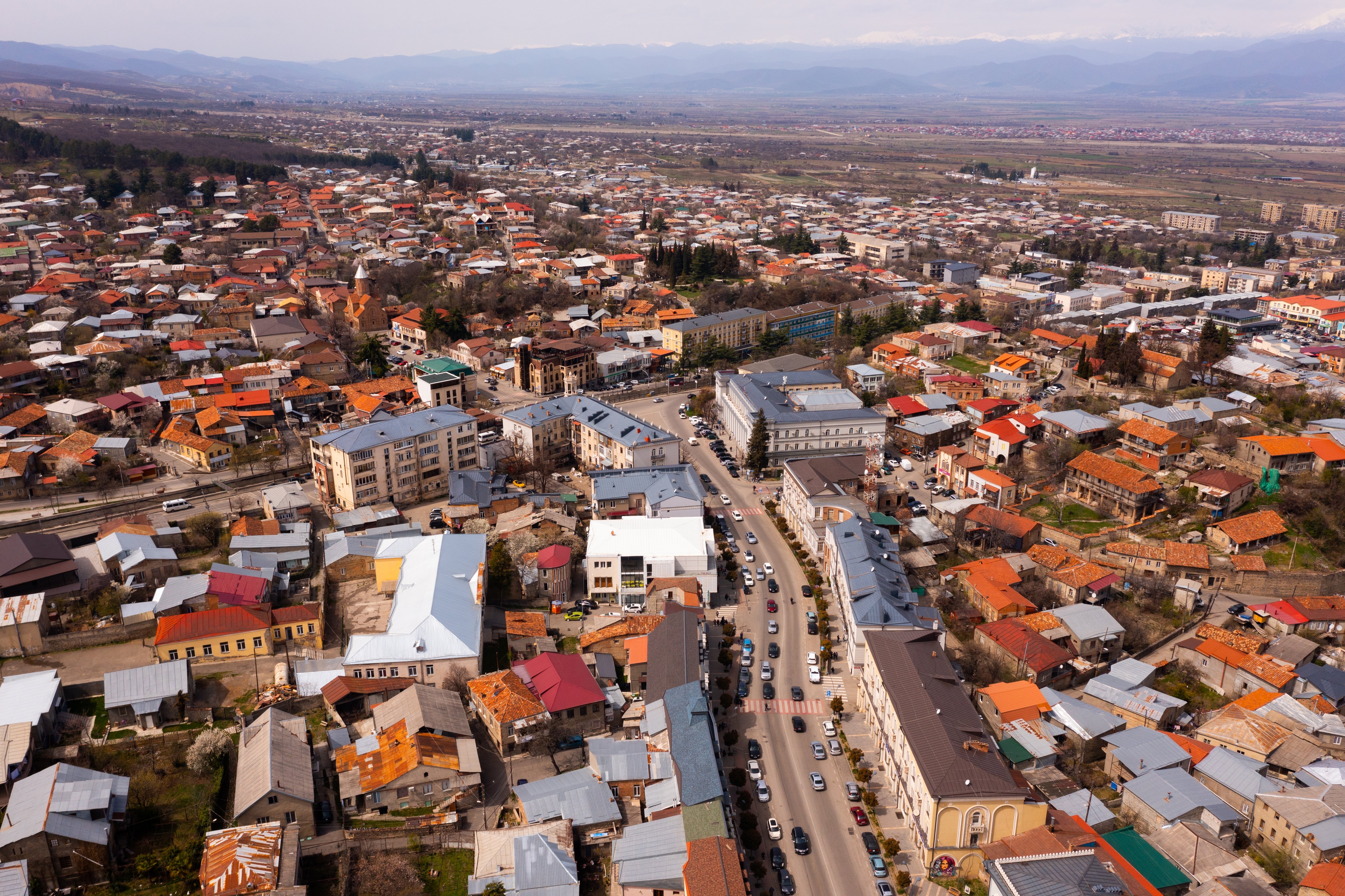Osun State, Nigeria– An international pre-election assessment mission arrived in Osun State today to monitor the voting process for the state’s gubernatorial elections on July 16, 2022. This is the first of two missions jointly led by the International Republican Institute (IRI) and National Democratic Institute (NDI) to evaluate Nigeria’s preparations for the 2023 general elections.
Abuja, Nigeria– The National Democratic Institute (NDI) and the International Republican Institute (IRI) are deploying a joint pre-election assessment mission to assess the pre-election environment for the upcoming general elections in Nigeria, scheduled for February 2023. The delegation will highlight positive steps already underway as well as offer practical recommendations that can still be implemented to enhance electoral integrity.
RICHARD L KLEIN
Richard L. Klein is NDI's Director of Elections Programs. Previously he served for over a decade as a Senior Advisor for Elections at the Institute. Klein is a global leader in promoting electoral integrity with over 30 years of experience building the capacity of local civic and faith-based organizations to observe elections, and organizing international observation missions. He has provided support for citizen observation efforts and international observer missions for more than 50 elections in over 25 countries around the world with a focus on Sub-Saharan Africa.
The National Assembly of Serbia has 250 members elected for a four-year term. Members are elected in a single district for the whole country on closed party lists. Seats are divided proportionally according to the widely used D’hondt method. Serbia has a multi-party system that produces coalition governments.
The National Democratic Institute (NDI) assembled a group of experts to form a virtual preelection assessment mission (V-PEAM) from February 7 to 18, 2022, to examine conditions for elections in Lebanon. The purpose was to assess the prevailing political environment and preparations for the upcoming 2022 elections and identify areas where change is possible to improve the integrity, transparency, and effectiveness of the elections.
Political corruption and the abuse of state resources can undermine the core principles of electoral integrity, subverting equal electoral competition and the will of voters. Through systematic monitoring of the abuse of state resources, citizen monitors can promote accountability for such abuses and seek to prevent them altogether.
On October 17, 2021, Kosovo’s voters went to the polls for the fourth local election in 13 years since independence in 2008. The vote elected the mayors and members of assemblies in 38 municipalities, with the post of mayor changing parties in thirteen municipalities. The Self Determination Movement (LVV) did not capitalize on its support gained in the parliamentary elections in February 2021. The Democratic Party of Kosovo (PDK) and the Democratic League of Kosovo (LDK) won the most mayoral posts and seats in the local assemblies, reversing their decline seen in the February elections.
REQUEST FOR APPLICATIONS (RFA)
ELECTION OBSERVATION IN PAPUA NEW GUINEA
Summary
The National Democratic Institute (NDI) is seeking local civil society organizations in Papua New Guinea to recruit, train, and deploy citizen observers for the 2022 General Elections to monitor the electoral process, including election day, to increase citizen engagement and oversight in the electoral process.
Over the past 15 to 20 years, Georgia has faced widespread disinformation and propaganda campaigns, many of which began long before the issue came to the fore globally. The impact of these disinformation campaigns multiplied as Georgia’s rates of internet penetration doubled between 2013 and 2020. And the impacts increased, even more, when campaigns moved more online during the COVID-19 pandemic. A vibrant civil society has been exploring the effects and patterns of disinformation since 2015, with an emphasis on anti-democratic, anti-EU and anti-NATO narratives.
